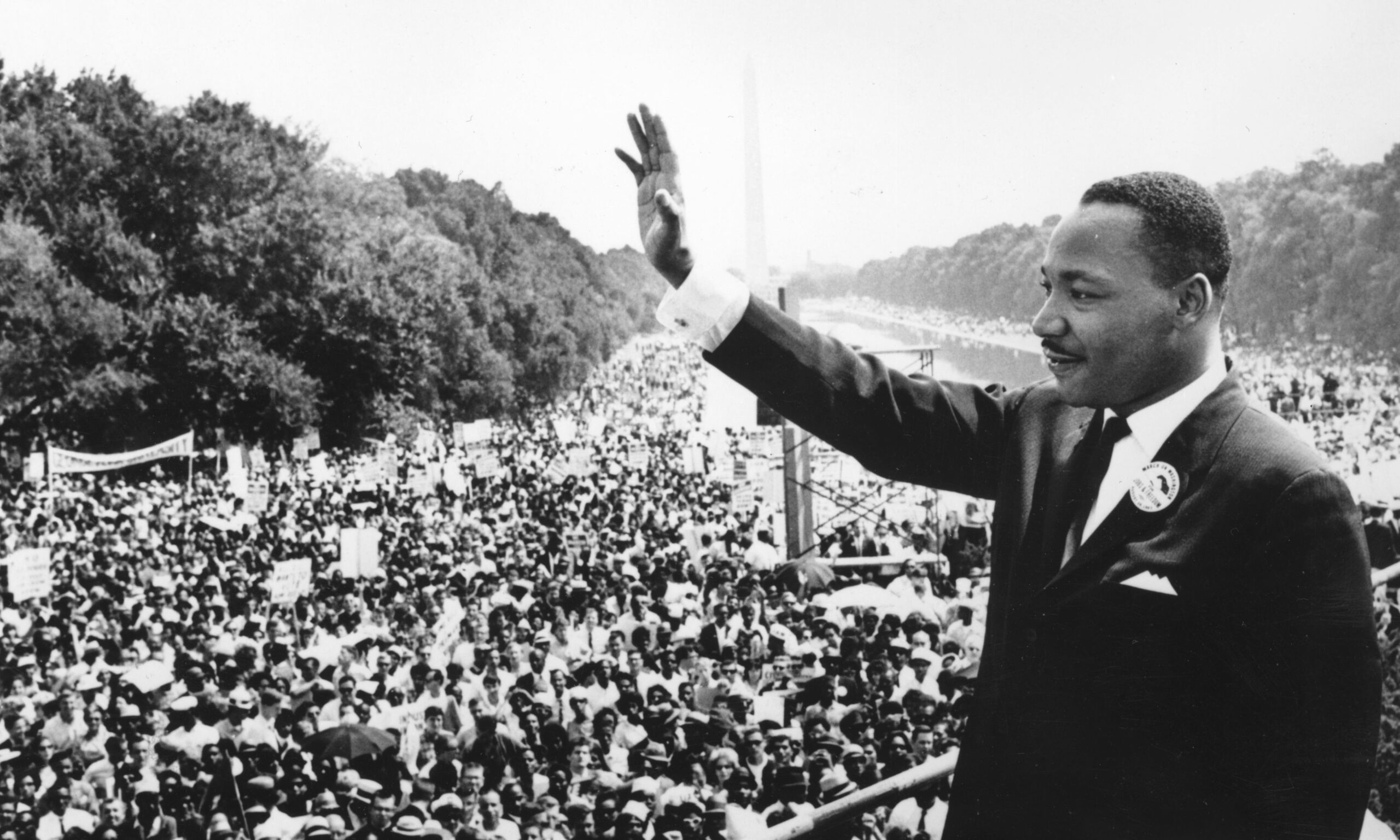Blog
Excerpt from the Foreword to The Diversity Con by Dennis Prager
For my bar mitzvah I was given a book about great Jewish athletes. Aside from the predictable jokes about it being a short book, padded with large photos and print, I had little interest in it. One would have expected the book to be a home run as a gift for the teenage Dennis Prager. I loved sports and strongly identified as a Jew, having been raised in an Orthodox Jewish home, and attending yeshivas (Orthodox Jewish schools) until the age of nineteen.
But even at the age of thirteen, the idea of having pride in my identity as an Orthodox Jew struck me as odd. How could I take credit for the good things done by others, simply because they shared my ethnic identity? And what of the bad people – the murderers, thieves, and other societal malcontents – who shared my identity? No group, no matter how large or small, can lay claim to a monopoly on virtue or vice. Maybe it’s because I’ve always marched to the beat of a different drummer, but as a very young man it seemed that every person could only be judged – lauded or condemned – for the things he or she had done.
When I was in college and the slogan “black is beautiful” became popular, I immediately objected to it. How could a race be beautiful? Isn’t the idea of a beautiful race itself a racist idea? It was explained to me that since blacks had been put down for so many years this was a necessary corrective needed to bolster their self-image. It was an entirely understandable explanation, but I recoiled from it. I feared it could metastasize into something dangerous and unexpected, which could harm the very people it was intended to help.
My instinct was correct. “Black is beautiful” soon morphed into “black power,” usually accompanied by a raised fist, and the terrifying proclamation that any black who didn’t shout the slogan at the top of their lungs must be a “race traitor.” And that term really frightened me, as I associated it with Nazi racism, since “Aryans” who helped Jews were labeled “race traitors.”
The women’s movement followed a similar trajectory, and I came to conclude that race, class, and sex-based group pride was a characteristic of left-wing thought and activism.
Instead of allegiances based on religion, race, or sex/gender, I found my affinity groups were composed of only decent individuals. I was drawn to good people of every race and all classes and both sexes, to people who took responsibility for their lives and understood that their character, not their identity, is what guided their destiny.
******************************************************************************************************************************************
And that, my friends, is the latest elephant in the room.






